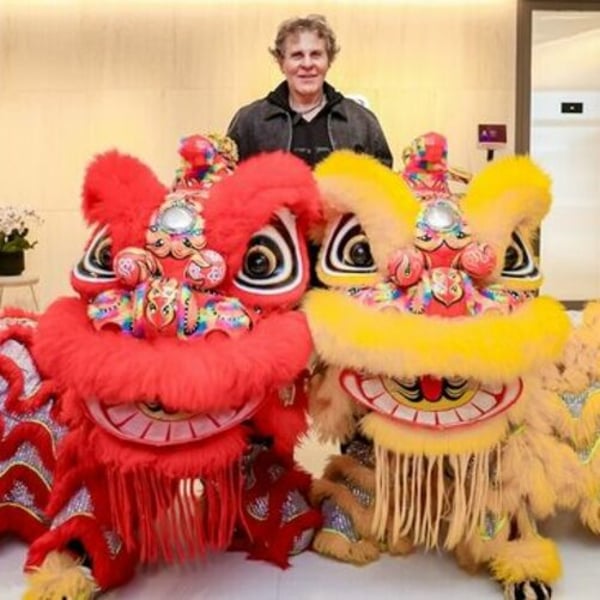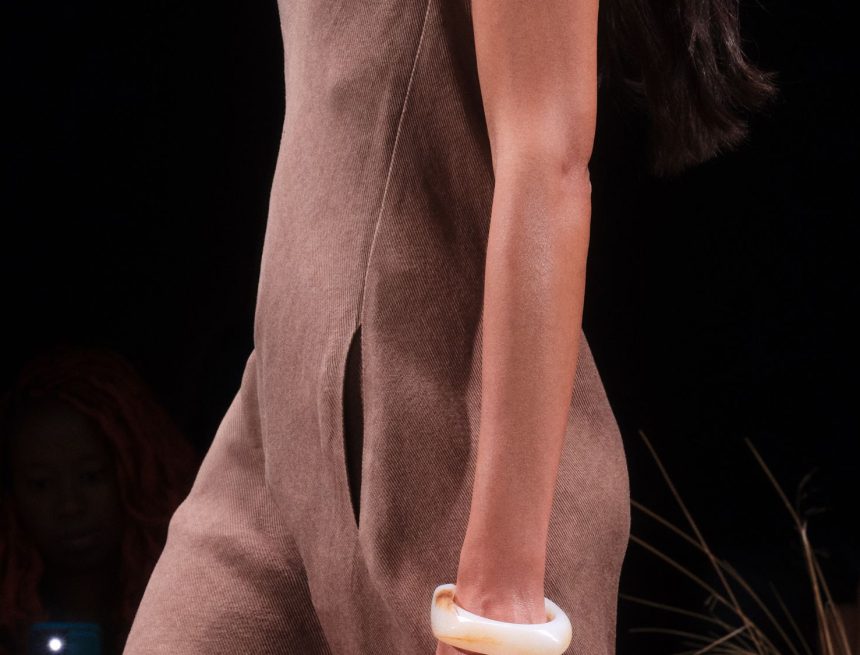There’s no question — influencers love The Row.
They wait in line for hours to attend its annual sample sale, excitedly unbox their new Margaux bags on TikTok and explain to their followers why its minimalist wares are worth the sky-high price tags.
But according to Neelam Ahooja, that affection is one-sided. The content creator has spent her entire online career singing the brand’s praises, from styling the many pieces in her collection to breaking down its most popular products on YouTube. She once posted a 10-minute-long video focused exclusively on the Margaux’s handles.
This week, however, Ahooja’s tone shifted. In an open letter to the brand on Substack titled “we need to break up” and an even lengthier follow-up, she detailed her many grievances with The Row. Among her claims: that the company killed a Wall Street Journal story about Ahooja’s love for the brand, cancelled a showroom appointment in Paris at the last minute and chastised her for posting affiliate links to wholesalers. A spokesperson for The Row didn’t respond to a request for comment.
“They don’t want influencers who spread the word? We helped put The Row on the map,” she wrote. “We spent our hard-earned money and then influenced thousands of others who also invested in the brand. What of their loyalty to those who supported them from the beginning?”
Not so long ago, it would have been hard to imagine an influencer speaking out publicly against a luxury brand. Though Ahooja never had a formal, paid relationship with The Row, the brand is the foundation of her online identity — “The Row collector” is the first line of her Instagram bio. She said in her follow-up post that fear of retaliation kept her from speaking out before now.
Ahooja isn’t the only creator who’s speaking out. Creator Samyra Miller, for instance, has publicly criticised Athleta for pulling back on extended sizing, while Wisdom Kaye slammed Miu Miu after he spent $18,000 with the brand only to have two items break while unboxing. Lydia Millen, whose online identity is aligned with her robust collection of Hermès bags, announced earlier this year her intent to sell them.
Something has changed in the relationship between influencers and brands. For most of the last decade, many brands held influencers at arm’s length (some still do) even as they relied on them to promote their products. Creators had little choice but to accept this arrangement, as sponsored content deals were how they made up the bulk of their income. Fail to toe the line, and there were plenty of others eager to take your seat at the next show.
But the balance of power is shifting.
In recent years, creators have made major strides in diversifying their income beyond brand deals. Substack, Patreon and other platforms make it easier to sell subscriptions to followers. Affiliate marketing is booming; influencers receive commission when a follower makes a purchase after clicking one of those links, with or without the brand’s approval.
Influencers are realising that the most important group to keep happy isn’t the marketing managers who can hand them paid content deals, but their followers. Building trust with that community is paramount. Many are finding the best way to do that isn’t with an endless stream of #ads, but in publicly sharing frustrations with a brand, or being open about the behind-the-scenes aspects of running a content creation business.
Complaining about luxury brands is also trendy. In a shaky economic environment, luxury’s high prices feel out of touch to the average TikTok user, who is also seeking validation that the product’s quality is not “worth” the price. Finding the perfect copy — or in TikTok speak, dupe — of a designer bag is no longer chastised, but celebrated. When creators speak out against a brand, audiences are more primed to side with the influencer they trust over a faceless company.
Still, there’s little danger of the relationship between brands and creators fully breaking down. While there’s more appetite than there used to be for calling out luxury’s failures, people are equally, if not more, interested in day-in-the-life recaps, travel vlogs and shopping hauls. That lifestyle doesn’t pair well with relentless negativity, and it’s easier to generate content from a trip to Paris when it includes tickets to shows, showroom visits and gifted products.
What brands need to recognise is that it’s cheaper, and more effective, to earn an influencer’s endorsement than to try to pay or bully them into saying nice things on Instagram or TikTok. As Ahooja showed, creators can walk away from the relationship, even when it goes back a decade or more. If the 300-plus, overwhelmingly positive comments under her open letter are any indication, they may even be rewarded for it.


